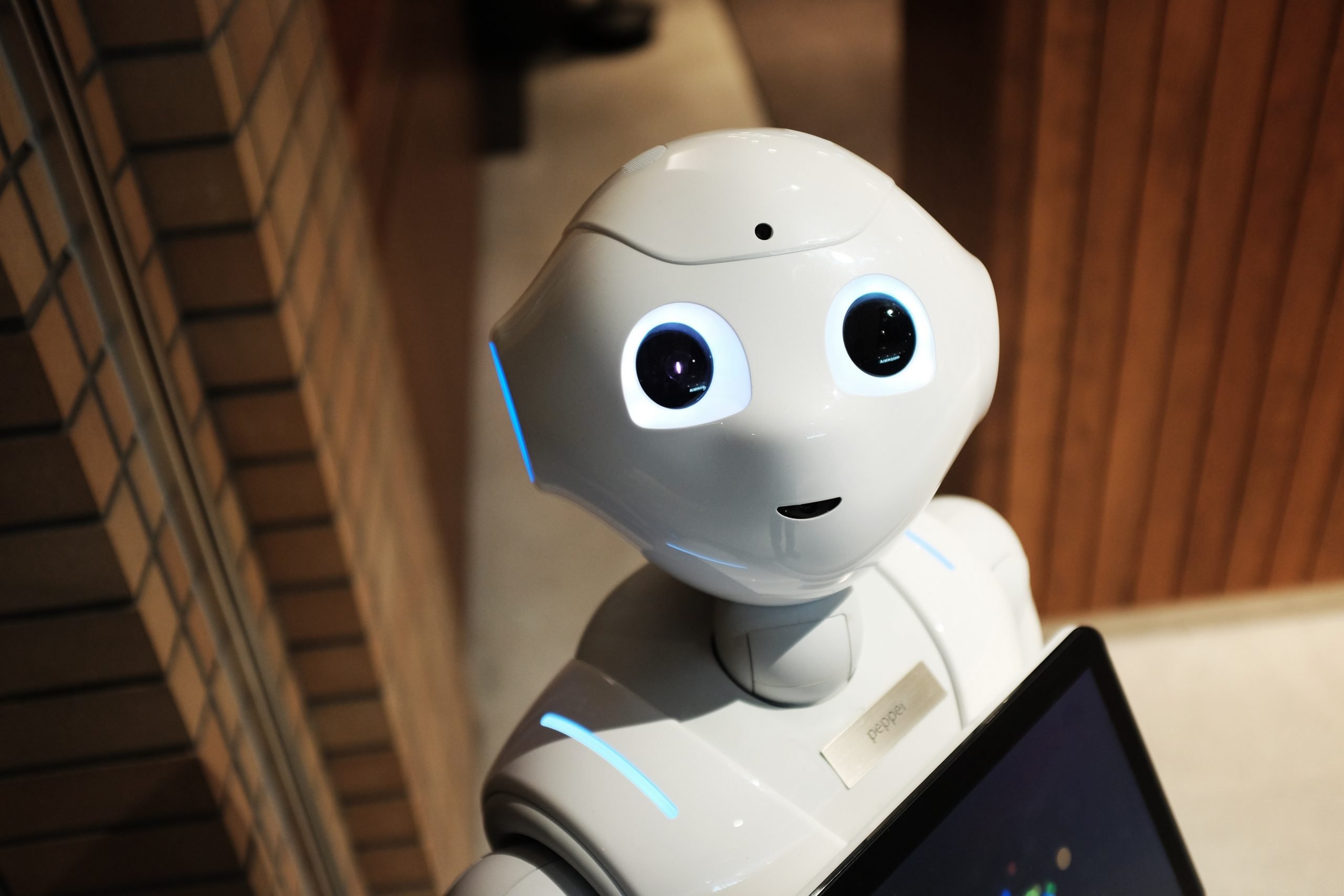The Dangers and Benefits of the Modern World’s Increasing Reliance on Artificial Intelligence in Business

It’s no surprise that over the past few years, businesses have become more reliant on tech and artificial intelligence (AI) . However, as people become more connected, the pressure to be ‘always on’ has increased dramatically. Our days are now filled with endless demands. How are businesses getting around this? More tech. Many companies are now relying on AI to help lighten the load. But could this be more damaging than efficient?
More recently, companies have also faced issues surrounding working from home. While this can often be more convenient and plausible for many, concerns about productivity and working hours have been raised. Is home monitoring a morally acceptable solution if it is intended to also protect employees from burnout?
Discriminatory Artificial Intelligence
In an article for Personnel Today, Trade Union Congress general secretary, Frances O’Grady, said, “AI could be used to improve productivity and working lives. But it is already being used to make life-changing decisions about people at work – like who gets hired and fired”.
This may sound like an unbiased method of sorting through applications and monitoring performance but the technology isn’t without flaws. Not only does it remove personality, empathy and understanding from the process but technology such as face recognition is also reported to be unintentionally discriminatory.

Last month Uber came under criticism for using AI to identify workers after it emerged that facial recognition software was inaccurate when it came to dark-skinned faces. This resulted in many gig workers being denied use of the Uber app and therefore unable to work.
There is also a real danger that as AI becomes more advanced, the reliance on it will steadily grow. Many businesses use AI in the early stages of an application process to filter out what it deems ‘weak’ applicants. However, there is growing concern that AI will eventually become responsible for analysing performance. It will ultimately decide who should be promoted and who should be let go.
Working from Home Surveillance
As well as entrusting tech to make very personal decisions about employees’ lives, some companies are also considering moving it into employees’ homes. For most, this will simply be an extension of the now familiar working from home tech – things such as webcams for meetings and training purposes.

However, in some cases the technology is advanced enough to be controlled remotely and can register workers movements and actions. Examples include detecting keyboard strokes and mouse clicks; if a person is missing from their desk; if taking personal phone calls or whether other people are in the work area.
Behaviour deemed unproductive or a security breach can be electronically reported back to management in real time. Images can also be taken of screens and work areas. These can be stored on company files to create a log of productivity and compliance. For many, this sort of surveillance is seen as immoral and untrusting, making people feel uneasy in their own homes.
In a report by The Guardian, Andy McDonald, the shadow employment rights minister, said, “particularly when companies were relying on home-working staff to keep them going, it was wrong to impose “invasive surveillance that will erode their rights to privacy and create a climate of fear and mistrust””.

However, companies may argue that the tech is being used for good and not evil. Many employees report working longer hours and taking fewer breaks whilst working from home in fear that others assume they’re slacking off. Ensuring employees don’t burn themselves out could be a great use of this sort of technology.
Trust in Tech Declines
The Edelman Trust Barometer conducted a huge survey of 31,000 people in 27 countries. The survey found that trust in tech, including AI, VR, 5G and the internet of things fell in nations all around the world last year.
This is thought to be due to the increasingly uncertain relationship between the public and technology. This mistrust is attributed to occurrences of ‘fake news’, rising privacy concerns and the previously mentioned biases in AI. Suggestions of home surveillance are sure to add to this decline.

There needs to be clear legal frameworks around tech and AI in business in order to rebuild this trust. Companies must ensure technology is used to not only improve the company’s bottom line but the lives of employees also.
Again talking to Personnel Today, Allen and Masters (from Cloisters law firm and the AI Law Consultancy) said, while AI could be beneficial, “used in the wrong way it can be exceptionally dangerous”.
“Already important decisions are being made by machines,” they said. “Accountability, transparency and accuracy need to be guaranteed by the legal system through the carefully crafted legal reforms we propose. There are clear red lines, which must not be crossed if work is not to become dehumanised.”
We at London Offices are keen to see what the future holds for tech-centred workspaces and businesses alike.